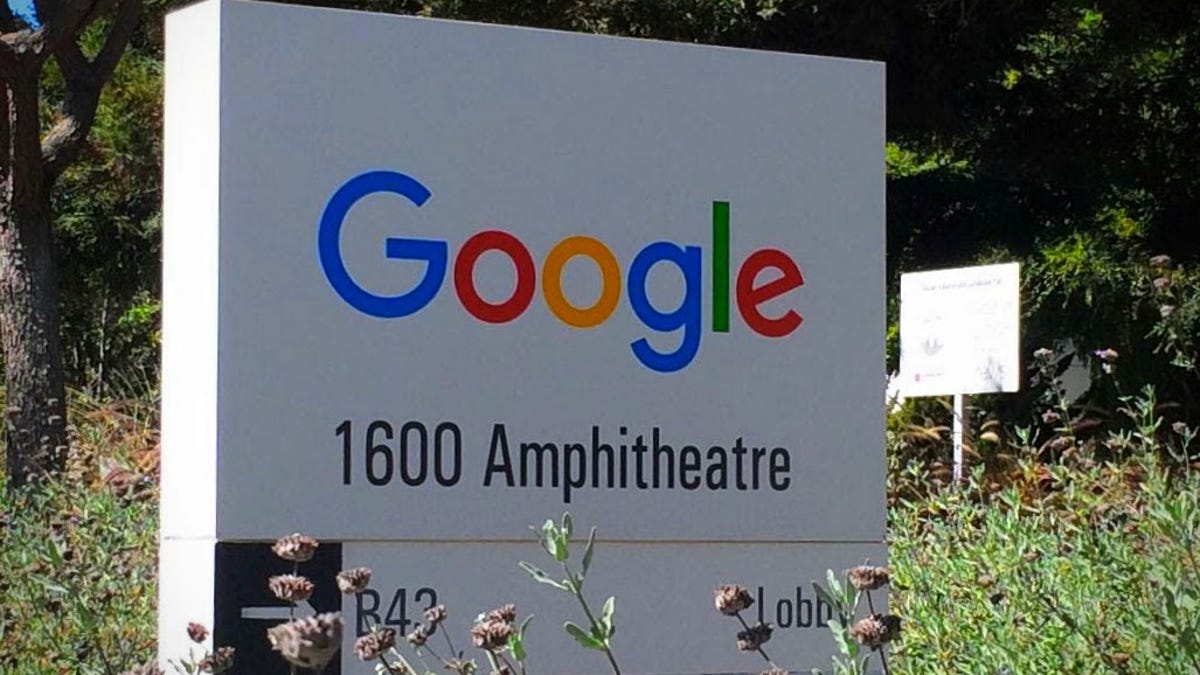Google removes 58 accounts tied to Iran from YouTube and other sites
The disclosure comes after similar announcements from Facebook and Twitter days earlier.

Google headquarters in Mountain View, California.
Google has deleted 58 accounts with ties to Iran from its platforms, the search giant said Thursday. Google said the accounts were part of an "influence operation" aimed at spreading misinformation and sowing discord among the public.
The deleted accounts include 39 channels on YouTube, which Google owns, six blogs on its Blogger site and 13 accounts from its Google+ social network. The YouTube channels had a total of 13,466 views in the United States for relevant videos. Google said the accounts were associated with the IRIB, or Islamic Republic of Iran Broadcasting.
"Actors engaged in this type of influence operation violate our policies, and we swiftly remove such content from our services and terminate these actors' accounts," Kent Walker, Google's senior vice president of global affairs, wrote in a blog post. "Additionally, we use a number of robust methods, including IP blocking, to prevent individuals or entities in Iran from opening advertising accounts."
Google said the operation appears to have been going on since at least January 2017. The search giant said it's contacted both lawmakers and law enforcement about its finding.
The announcement is only the latest in a string of disclosures from tech giants trying to fend off abuse from foreign actors. Silicon Valley has been under intense scrutiny in the lead up to the 2018 US midterm elections. The tech platforms are still reeling from their role in the 2016 US presidential election, in which Russian trolls sought to meddle in the result and sow discord among voters.
Google's disclosure comes two days after Facebook said it was removing 652 inauthentic pages, groups and accounts with ties to Russia and Iran. Twitter followed up later that day with a seemingly related disclosure. It said it suspended 284 accounts with ties to Iran for "coordinated manipulation."
On Monday, Microsoft said it discovered and disabled several fake websites designed to trick visitors and allow a group connected to the Russian government to hack into their computers.
Google said it worked with the cybersecurity firm FireEye -- the same company that flagged the disinformation campaigns on Facebook -- to identify the fake accounts.
The search giant also had an update Thursday on its effort to fight misinformation operations from Russia. The company removed 42 YouTube channels with ties to the Internet Research Agency, the Kremlin-backed troll farm implicated in the campaign to interfere with the 2016 election. In the 42 channels, there were 58 English-language political videos, with a total of fewer than 1,800 views in the US.
Google also said it's detected phishing attacks -- which seek to steal people's passwords and other credentials -- from state-sponsored actors targeting political campaigns, journalists, activists and academics. The phishing attempts came in "recent months" to people "around the world," the company said, though it didn't get more specific. Google said it sent out warning emails on Monday to Gmail users who may have been targeted.
Google will have a chance to open up more about its disclosures next month on Capitol Hill. Facebook COO Sheryl Sandberg and Twitter CEO Jack Dorsey are expected to appear before the Senate Select Committee on Intelligence on Sept. 5 to testify on election security. Walker offered to attend on behalf of Google, but has been turned down by the committee. Google didn't immediately respond to a request for comment.
First published Aug. 23 at 11:35 a.m. PT.
Update, 2 p.m. PT: Adds that the Senate committee has turned down Walker's offer to appear at the Sept. 5 hearing.
The Smartest Stuff: Innovators are thinking up new ways to make you, and the things around you, smarter.
Special Reports: CNET's in-depth features in one place.

